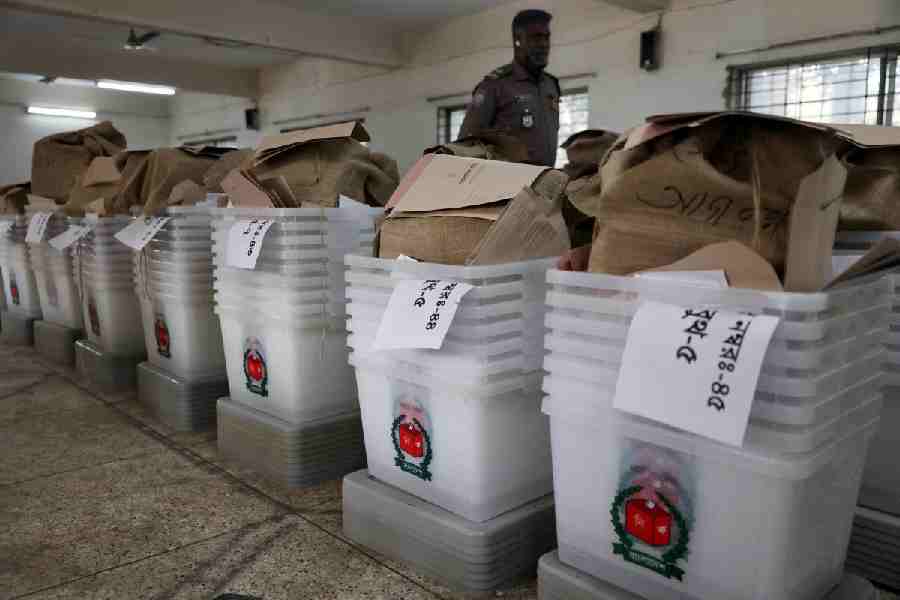 |
The factory to the world — China — is getting to be a rather hot place. According to a study by Regus, an international provider of workplace solutions, the Chinese are the most stressed out workers in the world. Regus numbers (see chart) say that 75 per cent of Chinese workers polled say they are more stressed today than they were a year ago. There is anecdotal evidence for this too; workers at Foxconn, Apple’s China supplier, have been rioting over issues related to pay and working conditions.
Earlier studies have shown that stress can be hugely damaging to the organisation. It doesn’t have to express itself in riots, which may well be a safety valve as it helps let off some steam. Stress leads to people falling ill. Productivity drops. Office starts looking like a congregation of the walking wounded. Persons who are otherwise efficient just turn off.
There are companies and theoreticians who believe that a certain amount of stress is useful in the workplace. It keeps people on their toes. That may well be true. If there is no pressure, only the self-motivated perform. But there is no golden rule to say how much stress is beneficial. At times like this, it is the responsibility of the organisation to try and cut stress levels.
If China is where the pressure is really getting to the workers (probably because the country has a nose-to-the-grindstone approach), India is not too comfortably placed either. More than half those surveyed reported increased stress levels. The study points out some differentiators in the India findings: “72 per cent of Indian respondents believe that flexible working reduces stress. Indian workers are more stressed by management (37 per cent) than average (27 per cent).”
It is interesting to note what causes the maximum stress in other countries. The “job” is way ahead of the pack with a score of 59 per cent. Finances come in next with 44 per cent. The rear is brought up by customers (37 per cent) and management (27 per cent). Mumbai-based HR consultant D. Singh gives one interpretation. “There is far more job security in India,” he says. “Once you have a job — particularly in the public sector — it is next to impossible to lose it. But managements are regarded as intrinsically incompetent and inefficient. This comes from anecdotal evidence. The biggest employer in the country is the Indian Railways. And everybody knows how it runs.”
Why is finance not a major worry? This is not yet a consumerist society; Indians are savers, not spenders. For instance, in the West, people would buy a house in their early thirties. In India, it’s more like 50 plus. By that time, they have saved most of the money for the house. The average working Indian is not strangled by EMIs (equated monthly instalments).
Regus comes to the conclusion that there is one solution to reduce stress — allow flexible working hours and locations. “Allowing employees to choose when or where they work is regarded by respondents as a way of helping them balance the stress of work with family commitments and of ensuring that it is possible to recharge their batteries spending time with their loved ones and fighting professional burnout,” says the study. “Considering that two fifths of the respondents also believe that flexible working is lower cost than fixed working and 77 per cent feel that it improves productivity, there is compelling evidence for businesses to seriously analyse their existing working practices with a view to introducing more flexible working and helping employees cut down stress and its dangerous effects on health.”
It may take time, but homework is bound to take on a new meaning soon.
DISTRESSING FACTS
My stress levels have increased in the past year (% saying yes)
China 75
Germany 58
Belgium 52
South Africa 52
India 51
Canada 48
US 47
Japan 45
Mexico 43
UK 43
France 42
Brazil 41
Netherlands 40
Australia 38
Source: From distressed to de-stressed, A Regus study, September 2012











